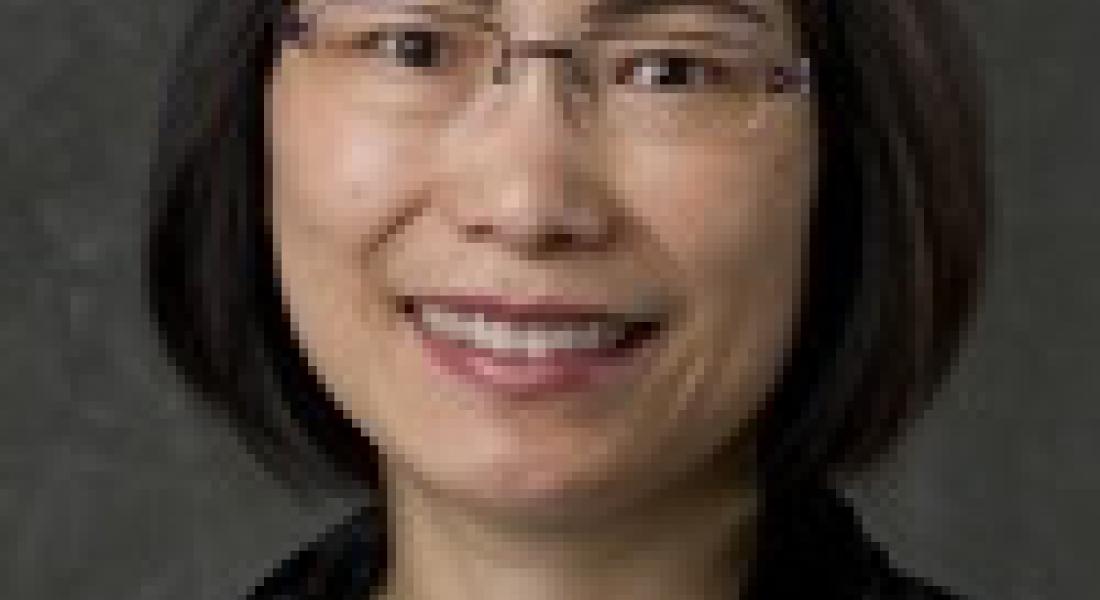
Faculty Fellow Victoria Hui testified Thursday, November 20, before the Congressional Executive Commission on China hearing "The Future of Democracy in Hong Kong."
"The rapid erosion of freedom in the past two years has seriously undercut Hong Kong's promised autonomy," she said. "Protestors want genuine universal suffrage because the previous system of 'freedom without democracy' is broken."
The hearing examined China's commitments to Hong Kong and the international community in light of recent pro-democracy protests, assessing whether an increasingly polarized Hong Kong will be able to find a mutually acceptable plan for electoral reform and how the protests taking place will continue to shape that debate.
"Some Hong Kong people…still believe that Hong Kong can keep its 'freedom without democracy.' But this view goes against world experience…Hong Kong has been the only case of freedom without democracy in the world—and this unique case is fast disappearing," said Hui.
"All around the world, freedom and democracy are either present together or absent together, strong together or weak together. It is simply impossible to preserve a meritocratic civil service, an impartial police, an independent judiciary, and a free press without democratic accountability."
A political scientist, Hui is the author of the award-winning War and State Formation in Ancient China and Early Modern Europe (Cambridge University Press, 2005), in which she argues that citizenship rights born of military competition—legal protection, freedom of expression and material welfare—sprouted on Chinese soil long before they blossomed on European soil.
When the Umbrella Movement, as the 2014 Hong Kong protests are known, started, she created a blog to explain the movement with regard to theories of the state, contentious politics, constitutionalism and human rights.
A native of Hong Kong, Hui worked as the press officer for the then United Democrats of Hong Kong and its chair, Martin Lee, from 1991 to 1994. While studying and working in the US, she has continued to pay close attention to Hong Kong. She most recently visited the occupy sites in October.
The Congressional-Executive Commission on China was created by Congress in October 2000 with the legislative mandate to monitor human rights and the development of the rule of law in China, and to submit an annual report to the president and to Congress. Established by the US-China Relations Act of 2000 as China prepared to enter the World Trade Organization, the commission consists of nine senators, nine members of the House of Representatives and five senior administration officials appointed by the president.
Also testifying with Hui were:
The Rt. Hon. Lord Patten of Barnes CH: 28th Governor of Hong Kong, 1992–1997; Chancellor, University of Oxford.
Ambassador Mark P. Lagon, Georgetown University; Adjunct Senior Fellow for Human Rights, Council on Foreign Relations; incoming President, Freedom House
Richard C. Bush III, Senior Fellow; Director, Center for East Asia Policy Studies; Chen-Fu and Cecilia Yen Koo Chair in Taiwan Studies, The Brookings Institution
Hui's entire testimony is available here and video of hearing here.
Contact: Victoria Hui, 574-631-7570, thui@nd.edu , or Mandy Kinnucan, 574-274-2957





